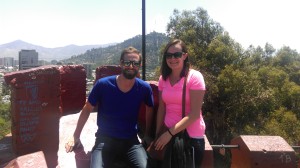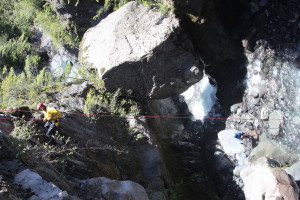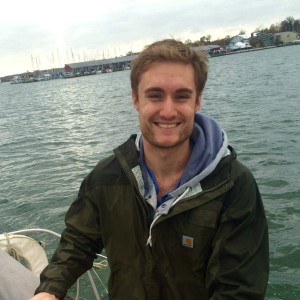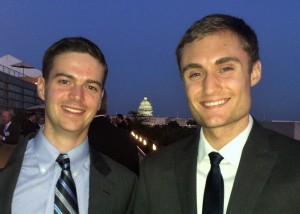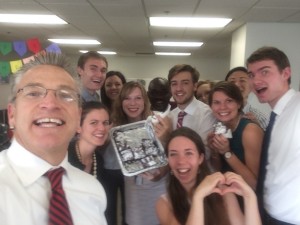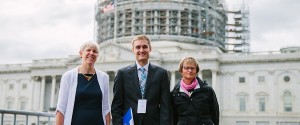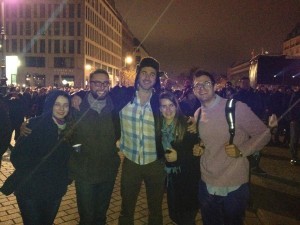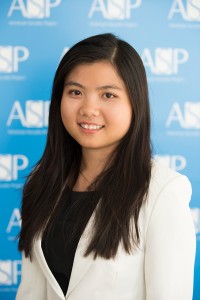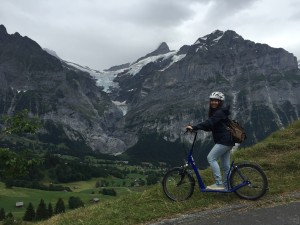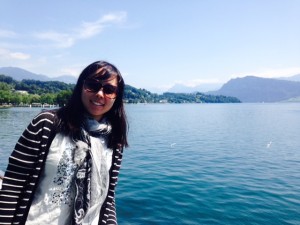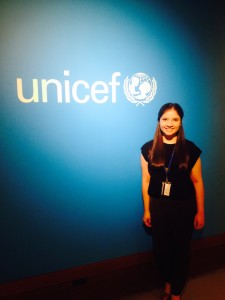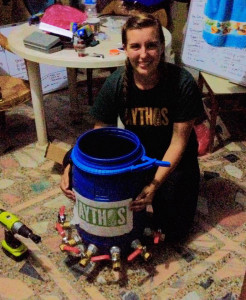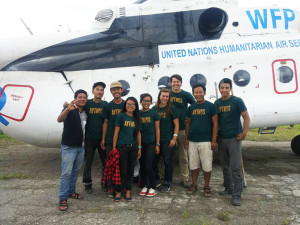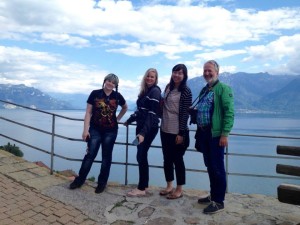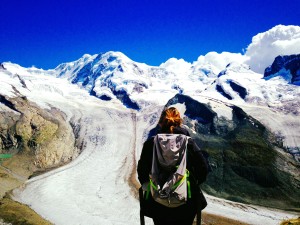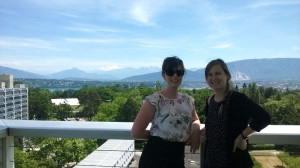Ryan Drysdale spent his Summer and Fall Semesters in Santiago, Chile, improving his Spanish, interning at TechnoServe and taking courses through SU’s university partnerships. He is a MAIR student.
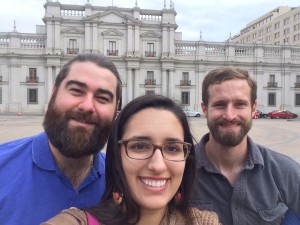
The Santiago Center through Syracuse University Study Abroad offers graduate students a unique opportunity to study at two of the best universities in Chile and South America while interning at a variety of organizations. During the Fall 2015 Semester, I was able to intern with the global NGO TechnoServe helping their Monitoring and Evaluation program track the progress of their initiatives working towards helping small entrepreneurs improve their business performance.
In addition to my internship, I took the two courses offered by the Santiago Center: 1) Environmental Policy in Chile and 2) Dictatorships, Human Rights, and Historical Memory in the Southern Cone. The highlight of the academic experience in Santiago was the latter course taught by historian and the center’s director, Professor Mauricio Paredes, a former member of the resistance against the Pinochet dictatorship who was detained and tortured.
Through declassified US government documents, visits to local museums and torture centers with Professor Paredes, and his engaging lectures, we gained a firsthand look at the impacts of US foreign policy and how those effects still linger today in Chile. The United States establishment in the 1970s during the Cold War, led by President Richard Nixon and National Security Adviser Henry Kissinger, feared the rise of democratically elected socialist President Salvador Allende in the US sphere of influence. According to declassified documents, during a National Security Council meeting in 1970, Secretary of Defense Melvin Laird stated: “We have to do everything we can to hurt Allende and bring him down.”
The US helped orchestrate a failed coup attempt against President Allende in 1970 and supported the successful coup against Allende in 1973 which brought General Augusto Pinochet to power. Seventeen years of military rule resulted in tens of thousands tortured and disappeared, over 400,000 forced into exile abroad, and the ushering in of neoliberal economic policies crafted by Milton Friedman which has led to Chile being one of the most unequal countries in the OECD today based on a Gini coefficient of 0.51 out of 1.0
Forty-five years after the US first started to meddle in Chile’s internal politics, the ramifications still exist. Our experience in Chile, however, coincided with a historical announcement by socialist President Michelle Bachelet to start a four year process to finally rewrite the current constitution implemented in 1980 under Pinochet’s brutal military rule. A major takeaway from the semester was seeing and hearing firsthand about the drastic impacts that foreign policy and geopolitical decisions can have for decades on a country and more importantly the people of that country.
